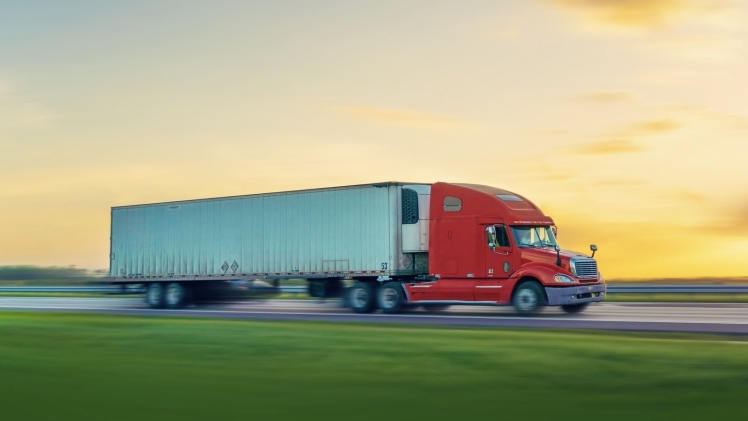When it comes to truck accidents, the law can be complicated. This is because liability is based on many factors, and the accident may involve multiple parties. These parties may include the trucking company, owner-operators, and their vehicles. Owner-operators may function as independent contractors, or lease their trucks to the trucking company. Company drivers work for the trucking company and are employees. Independent owner-operators, on the other hand, drive their own trucks.
Experience counts in truck accident cases
If you or a loved one has been injured in a truck accident, you need a truck accident lawyer with experience handling cases like yours. These accidents are complicated, but if you have suffered serious injuries, or have lost a loved one due to trucking accidents, you may be entitled to compensation. A truck accident lawyer can help you gather evidence of negligence on the part of truck drivers, trucking companies, or other negligent parties. You may be entitled to monetary damages and other damages if you were injured in the accident.
Choosing an experienced truck accident lawyer is important because the lawyers involved in your case will be up against a team of insurance adjusters and defense lawyers who are trained to find flaws in your case and limit your compensation. Your attorney will need to be able to spot flaws in the case and deliver arguments in a timely, tactful, and successful manner. Though experience doesn’t guarantee competence, it will give you the confidence of having the right attorney on your side.
Liability depends on driver’s negligence
Liability in a truck accident usually depends on the driver’s negligence, but sometimes it can also depend on the circumstances of the accident. Distracted driving under the influence can both be considered negligent behaviors. Additionally, the driver’s employer can be held vicariously liable if he or she fails to properly maintain or repair the truck.
The truck driver owed the plaintiff a duty of care and a Riverway Estates truck accident law firm can help. As with all motorists, truck drivers are expected to obey traffic laws and operate their vehicles in a safe manner. In order to show that the driver was negligent, the plaintiff must prove that the truck driver violated this duty. In addition to proving the driver’s negligence, the plaintiff must show that a reasonable person in the defendant’s position would have acted differently.
Damages are determined on an individual basis
In truck accident law, the responsibility for an accident is divided into two categories: economic damages and non-economic damages. Economic damages are those related to the actual costs of the crash, while non-economic damages cover non-tangible losses, such as pain and suffering, emotional distress, physical impairment, and loss of companionship. Punitive damages, on the other hand, are intended to punish the person responsible for the crash.
Most people have been involved in a passenger car collision at some point in their lives. Although these collisions are usually minor, they can still result in serious injury or even death. Because of the large weight of large trucks, accidents caused by them have a much greater chance of resulting in a death or permanent disability.
Insurance companies can be sued
If you or a loved one has been involved in a truck accident, you may be eligible to sue the driver and/or his/her insurance company for the damages you suffered. The truck accident may have involved multiple parties, including the truck driver, truck company, and even the driver’s employer. In order to maximize your chances of success, you should investigate all possible liable parties.
Trucks must be equipped with special safety devices such as HAZMAT markings and a Department of Transportation-issued number. These are all meant to protect the public and the truck driver. If these safety features fail to work, you may have grounds to sue the truck driver for negligence. You may also have a case against a trucking company if the truck driver was drowsy, taking illegal drugs, or driving while fatigued. Trucking companies can also be held accountable for accidents that happen because of specific circumstances, such as understaffed trucks or pressure to meet deadlines.

